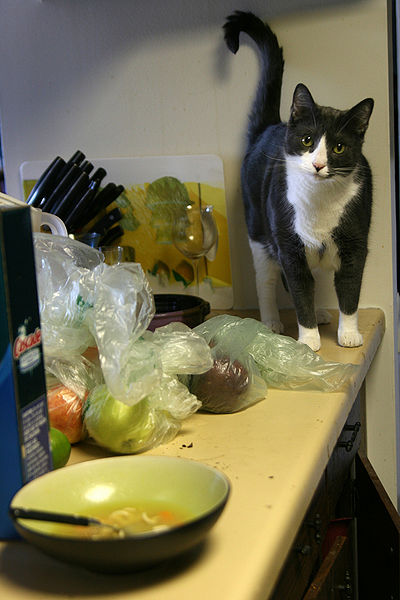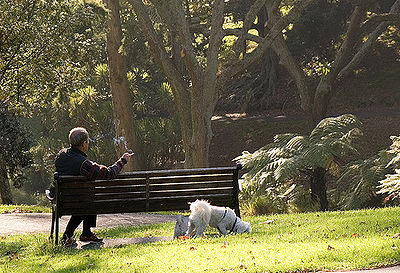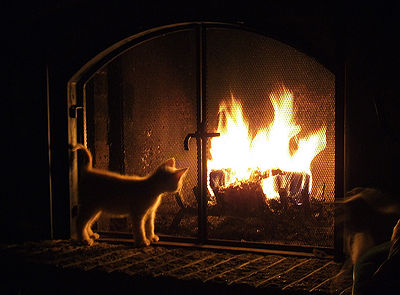Coyotes and dogs are very closely related, having the same common ancestor. But as the saying goes, “you can choose your friends, but not your relatives.”
Coyotes natural territory was once the Southwest United States, but with constant development in these regions, they have spread throughout the country. Destruction of their natural habitat has caused them to seek food in suburban and urban areas.
In their search for food, coyotes look upon our dogs and cats and other small pets as a meal. Having a fenced-in yard is not always an obstacle to a hungry coyote.
Here are some tips to help keep your pets safe.
Don’t feed wildlife close to your house. Bird feeders attract predators too. If you want to leave food out, place it as far as possible from your home.
If you have chickens or rabbits outdoors, make sure the coops are secure and that predators cannot enter them.
Keep garbage and recycling bins covered and secure from prying paws. Pets should not be able to get into the bins as well. Eating garbage can be dangerous.
When you are not home, lock dogs, cats and other pets in the house. Lock dog and cat doors too.
Do not feed your dog or cat outdoors.
Keep your BBQ grill covered. If possible, move the grill indoors (garage). No matter how well you clean the grill, with their strong sense of smell, predators can pick up the scent of where food was cooked.
Spay or neuter your pets so that coyotes are not attracted to them during mating season.
There are special fences made to keep your cats in the yard and prevent other animals including predators from climbing into the area. You might want to look into purchasing this type of fence which may be able to be attached to an existing fence.
Check your pets often when they are outside in your secure yard to be on the safe side.
If you see a coyote, don’t run. Make a lot of noise and throw things in its direction.
Report any sightings of coyotes or other predators to your local animal control or wildlife organization. We do not want these animals destroyed, simply placed back in their own habitat away from our homes.
We hope these tips will help to keep you and your 4-legged pals safe.



